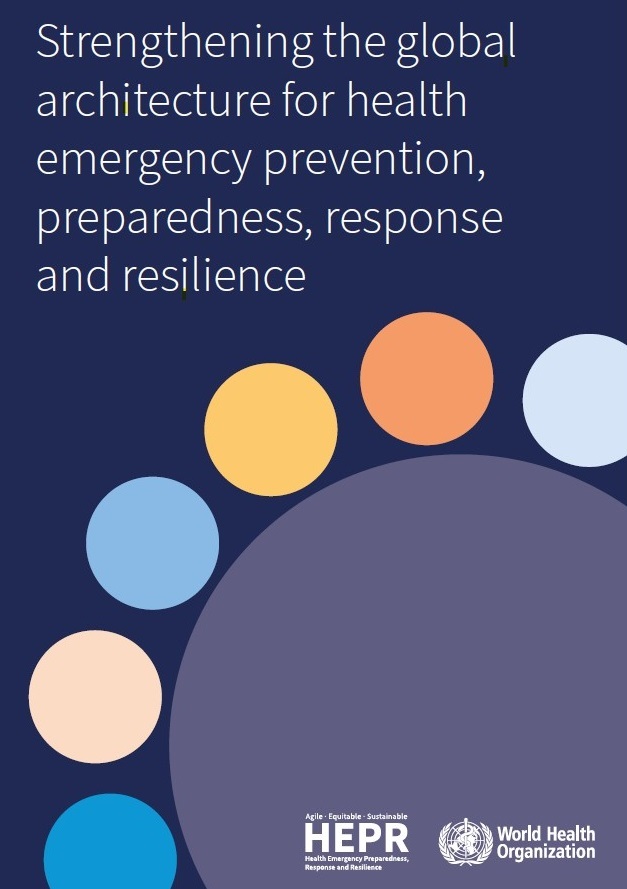
More than 12 500 people living in Ukraine’s regained territories received medical care from WHO-supported national emergency medical teams (EMTs), data shows. Launched at the beginning of 2022, the EMT project assists civilians affected by the Russian Federation’s invasion of Ukraine. Without it, many of those living within the regained regions would not have access to critical care.The activity of the EMTs was highlighted at a workshop in Cherkasy to enhance the country’s emergency medical care and disaster medicine system. Representatives from WHO, Ukraine’s Ministry of Health, and the Center for Emergency Medical Care and Disaster Medicine at both regional and national levels presented their achievements from 2022 and discussed strategy development and the challenges of running the system during the war.The First Deputy Minister of Health, Dr Serhiy Dubrov, noted, “As a result of coordination between the Ministry of Health and the World Health Organization in Ukraine, 5 off-road vehicles, as well as medicines, have been donated to the emergency medical care system. Management of injured patients, mass casualty training, as well as chemical preparedness and response training were conducted for emergency health care workers. The work of disaster medicine teams in the regained territories continues, thanks to which more than 12 000 people received medical assistance in the first days after these territories were regained.”Strengthening emergency medical careAnother important aspect of the seminar was the discussion of medical evacuation for the injured, in-country and abroad. So far, almost 3000 people have received treatment abroad through the Ukrainian emergency system with the help of international partners.“The WHO remains fully committed to supporting Ukraine’s Ministry of Health in strengthening its emergency medical care and disaster medicine systems, through steadfast efforts to enhance the knowledge and proficiency of emergency medical and disaster medicine personnel by providing extensive training opportunities,” stated Guillaume Simonian, WHO Emergency and Programmes Lead, WHO Country Office in Ukraine. “Moreover, WHO provides systemic support and resources, such as transport ambulances, mobile intensive care unit ambulances, medical equipment and medicines.” Also, 5 cars – off-road vehicles with increased cross-country ability – were handed over by the WHO and 4 cars were donated from other international partners to the medical teams of Cherkasy region working in the regained areas. Projects were realized with financial support from the European Commission’s Directorate-General for Neighbourhood and Enlargement Negotiations (DG, NEAR); the European Commission’s Humanitarian Aid and Civil Protection (ECHO); USAID's Bureau of Humanitarian Assistance (BHA); and the Federal Ministry of Health, Germany.









